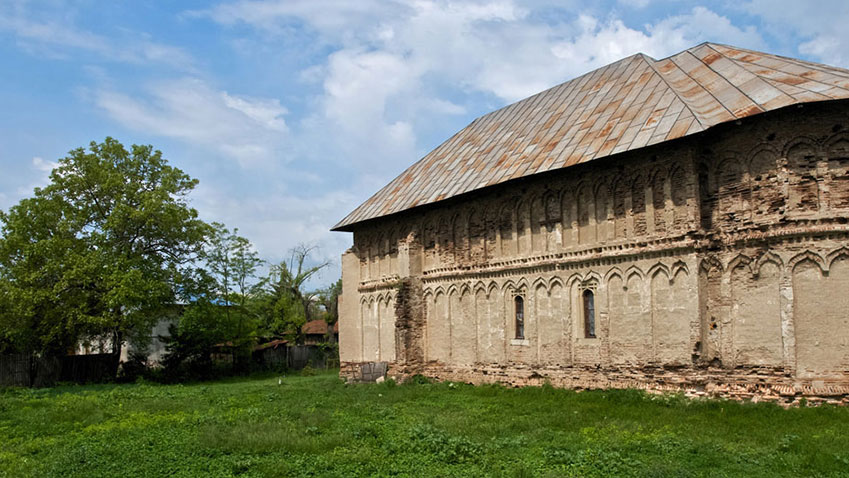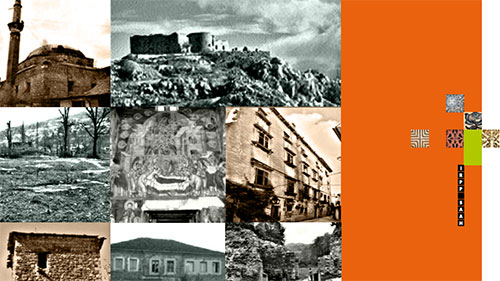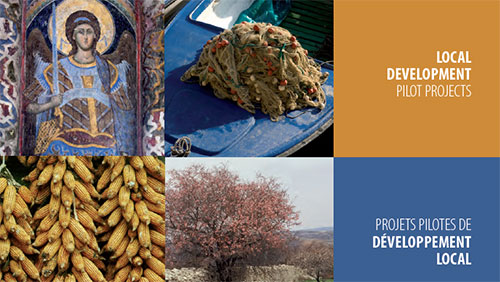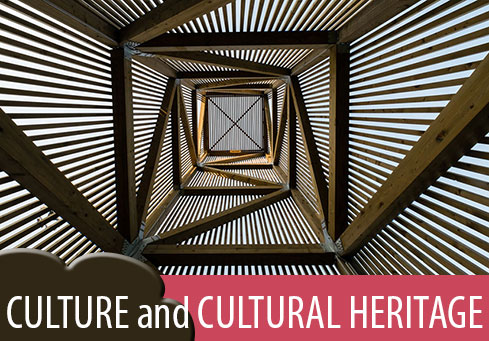Regional Programme on Cultural and Natural Heritage in South East Europe
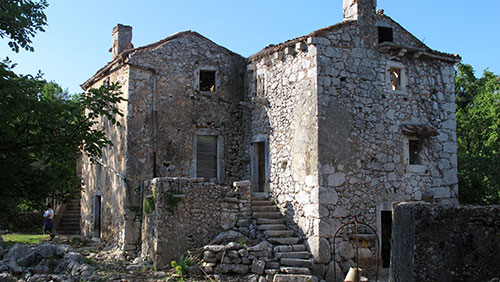
Supported by the European Commission in several of the projects, the Regional Programme emphasized the notion of "local development" as a concept covering the following aspects: acknowledgement of the diversity of the territories as a source of vitality and value; the setting up and implementation of sustainable development; a connection between countries and the opening up of the region to the rest of Europe; an integrated approach to conservation, planning and development issues.
If the Regional Programme originally focused mainly on post-conflict challenges in South-East Europe, it shifted increasingly towards development processes. Based on a trans-national approach, it attached particular importance to issues related to the multiple cultures and religions of the Balkans. The ultimate challenge was the long-term reconciliation between individuals and communities, a necessary pre-condition for setting up solid and sustainable regional cooperation.
Apart from its general objectives, the Regional Programme provided a global exchange of expertise and experience between neighbouring countries facing similar situations in the fields of protection, conservation, rehabilitation and enhancement of cultural and natural heritage. Strong emphasis was placed on urban and rural management, democratic and participatory processes, and the improvement of living conditions and quality of life. The Regional Programme thus helped to establish a new set of regional processes to encourage the emergence of a new kind of society where long-term development projects through dialogue and the participation of all, in the collective interest, is crucial for ensuring democratic stability and social cohesion.
The Integrated Rehabilitation Project Plan/Survey of the Architectural and Archaeological Heritage (IRPP/SAAH) Joint Programme which was implemented by the Council of Europe and the European Union in South-Eastern European countries from 2003 to 2010. The aim was to test and implement a heritage management tool based on the identification of "priority interventions" and the drawing up of "integrated rehabilitation projects" targeting the social and economic potential of the monuments and sites.
Through actions on more than 220 monuments and sites, the Ljubljana Process brought considerable benefits to political, institutional, social and economic life in Albania, Bosnia and Herzegovina, Bulgaria, Croatia, Montenegro, Romania, Serbia, “the former Yugoslav Republic of Macedonia”, and Kosovo*.
*All references to Kosovo, whether the territory, institutions or population, in this text shall be understood in full compliance with United Nation’s Security Council Resolution 1244 and without prejudice to the status of Kosovo.
The LDPP implemented the principles of the Faro Framework Convention (on the value of cultural heritage for society) and the Florence Convention (on European landscape). It provided a specific contribution to the most important political priorities of the Council of Europe: strengthening European democracy; promoting more efficient and transparent governance; implementing new integrated and sustainable development models.



